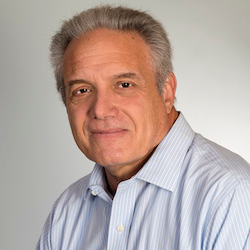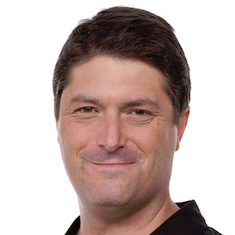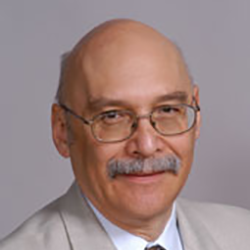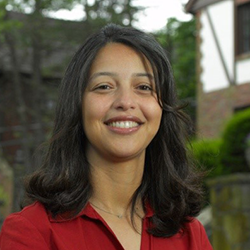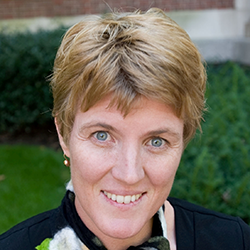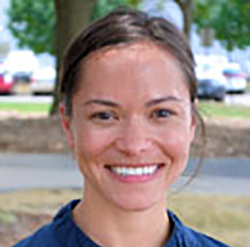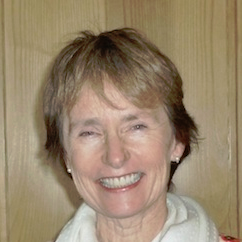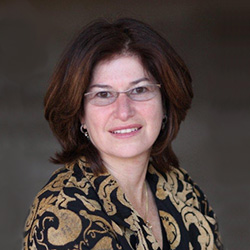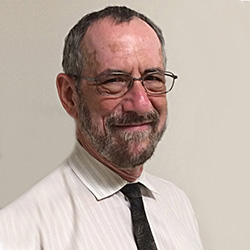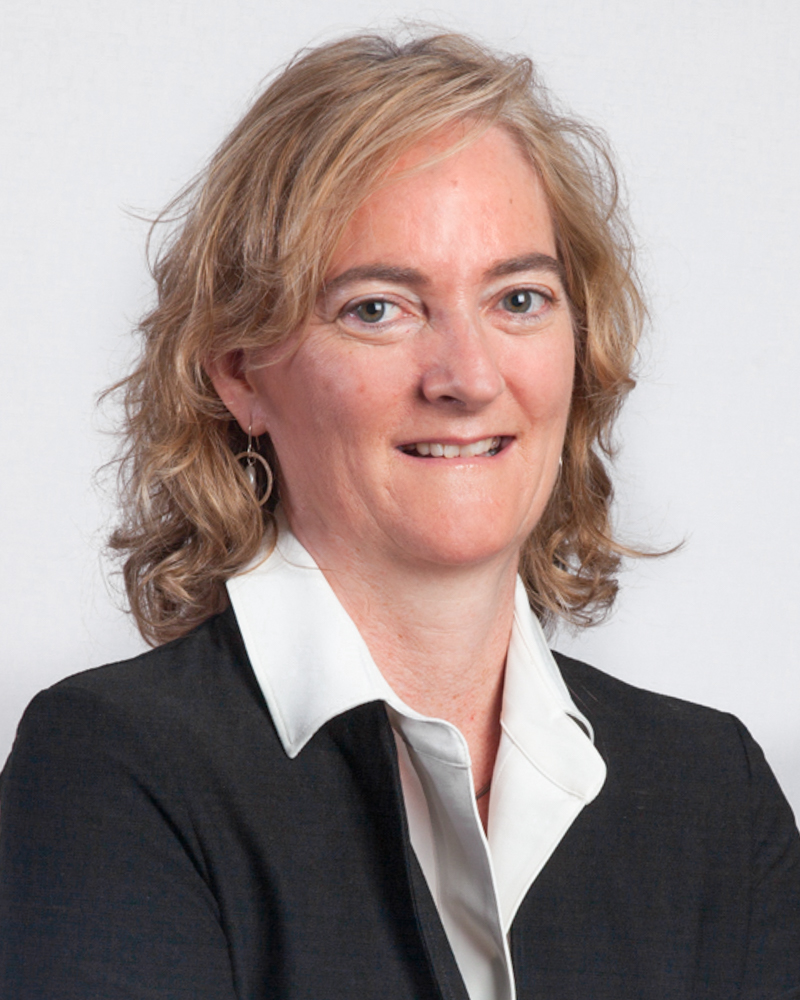John is a recognized leader in the fatherhood field who brings a wealth of experience, knowledge, and innovation to The Fatherhood Project. He is the author of The Modern Dads Dilemma: How To Stay Connected With Your Kids In A Rapidly Changing World and the Director of the acclaimed documentary for PBS All Men Are Sons: Exploring the Legacy of Fatherhood.
John’s work has been featured on ABC News, National Public Radio and in Men’s Health Magazine, The Los Angeles Times and Huffingtonpost.com.
Over the last two decades, John has spoken and consulted internationally in schools, government agencies, nonprofit and private-sector organizations. He has also worked in schools as a counselor, teacher and administrator, in clinical settings as a counselor, and in private practice with couples.
John serves as an Honorary Board member of the Ties Never Broken Campaign, a partnership with The White House. In June, 2012, he attended the White House’s Champions of Change Father’s Day meeting with other national leaders.
He also serves on the Board of Advisors for Voice Male Magazine and on the Planning Board of the New England Fathering Conference with other national leaders in the fields of fatherhood, gender, domestic violence, and education. In 2010, John was recognized in the New York Times by the Family Violence Prevention Fund’s Founding Fathers campaign to end violence against women and children.
John holds a Master’s Degree from the Graduate School of Education at Harvard University.
He lives with his wife and two children outside of Boston.



